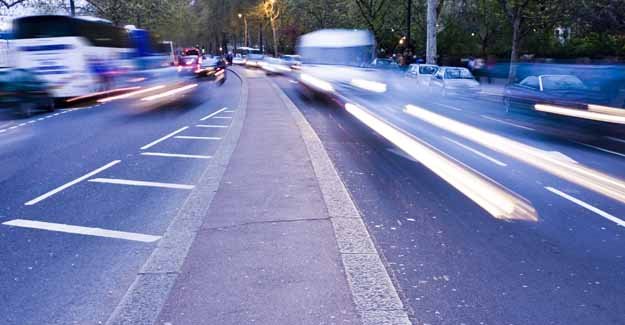Sundays are sleepy and slow starting -pub lunchers, ramblers, Sunday roast reliants, family, friends and other visitors create twin traffic peaks at 1pm and 5pm**. HGVs take a well-earned day of rest, with goods traffic at just 25% of typical weekday levels**. Sundays are the safest days to drive, with some 12,000 fewer casualties than Friday’s total***.
However, the special status of the weekend as a time for enjoying rather than enduring motoring may be under threat. Traffic on weekends has increased 13% between 2006 and 2007, while average weekend delays have increased by 9% on the slowest 10% of journeys**.
Sheila Rainger, Acting Director of the RAC Foundation said: “We often hear about the negatives of cars – and while congestion, pollution and casualty rates are problems which must be tackled, we shouldn’t lose sight of the freedom and convenience offered by motoring.
“While weekend motoring is still a more relaxed, safer and more social affair than the workday commute, this is being challenged by rising levels of congestion, and a hard-core of drink-drivers who refuse to accept that they must leave the keys at home before partying.
“Motoring offers freedom and a fuller life, particularly to younger drivers and the retired. This needs to be recognised, both in transport planning and in enforcement, to ensure that driving, whether workday or weekend, stays as stress free, safe and enjoyable as possible throughout the rest of 2008.”
Notes:
* Average daily traffic flows by month: Table 3.1
http://www.dft.gov.uk/172974/173025/221412/221546/227050/261688/roadtraffdata.xls
** DfT: Road Statistics 2006: Traffic, Speeds and Congestion http://www.dft.gov.uk/162259/162469/221412/221546/226956/261695/roadstats06tsc.pdf
*** DfT: Road Casualties Great Britain 2006, table 29a http://www.dft.gov.uk/162259/162469/221412/221549/227755/rcgb2006v1.pdf
**** DfT: Road Casualties Great Britain 2006, table 37 http://www.dft.gov.uk/162259/162469/221412/221549/227755/rcgb2006v1.pdf


